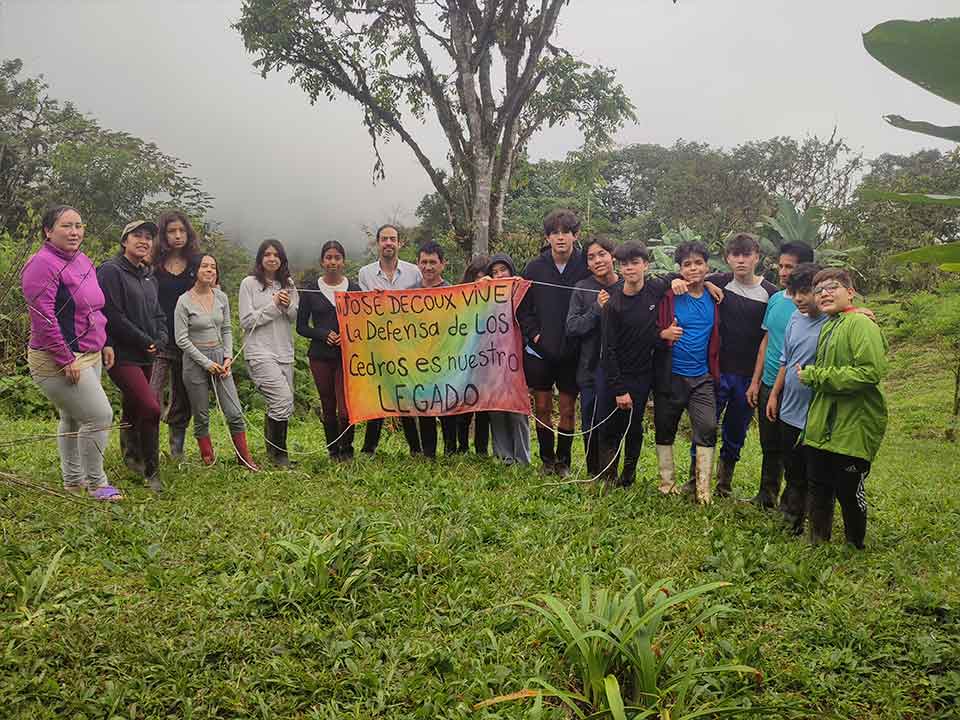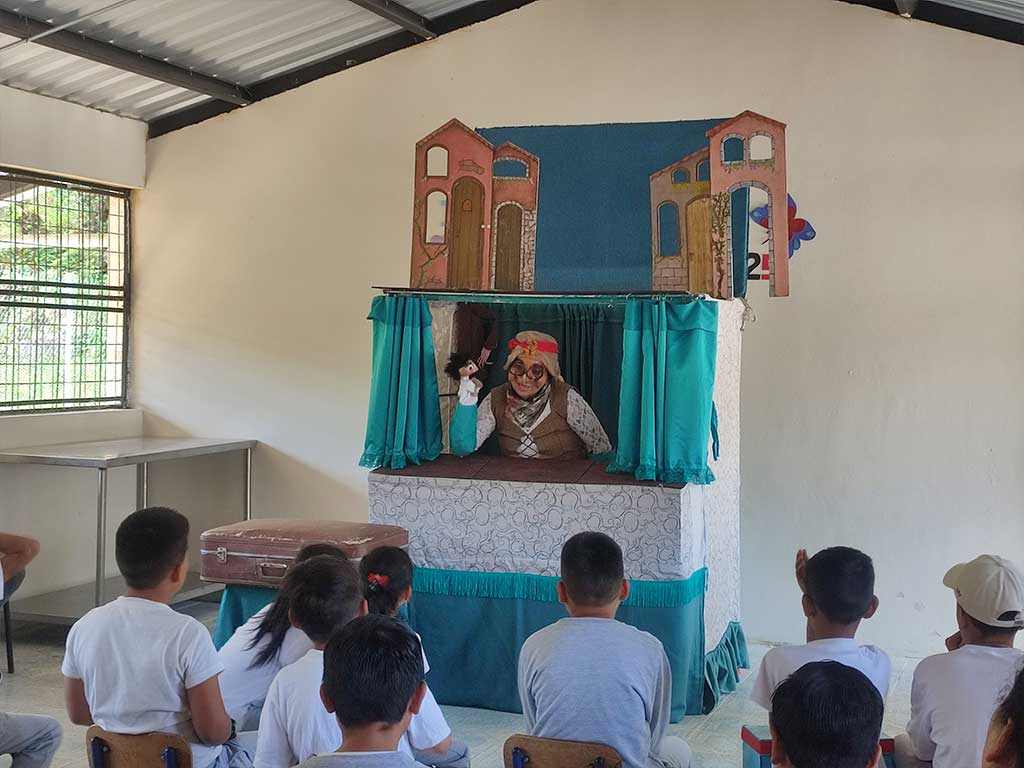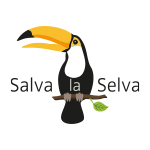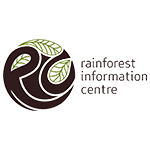by Monserratte Vásquez
Share
In the period between August and November 2023, a team of researchers from the University of Missouri-St. Louis (Ajith Ashokan, Raj Prasai, Lindsey Dennison and Sebastian Forward), headed by Nathan Muchhala, and in collaboration with local students from the Pontifical Catholic University of Ecuador (Andrea Caicedo L.), a study was carried out at the Scientific Station Los Cedros focused on plant-animal interactions.
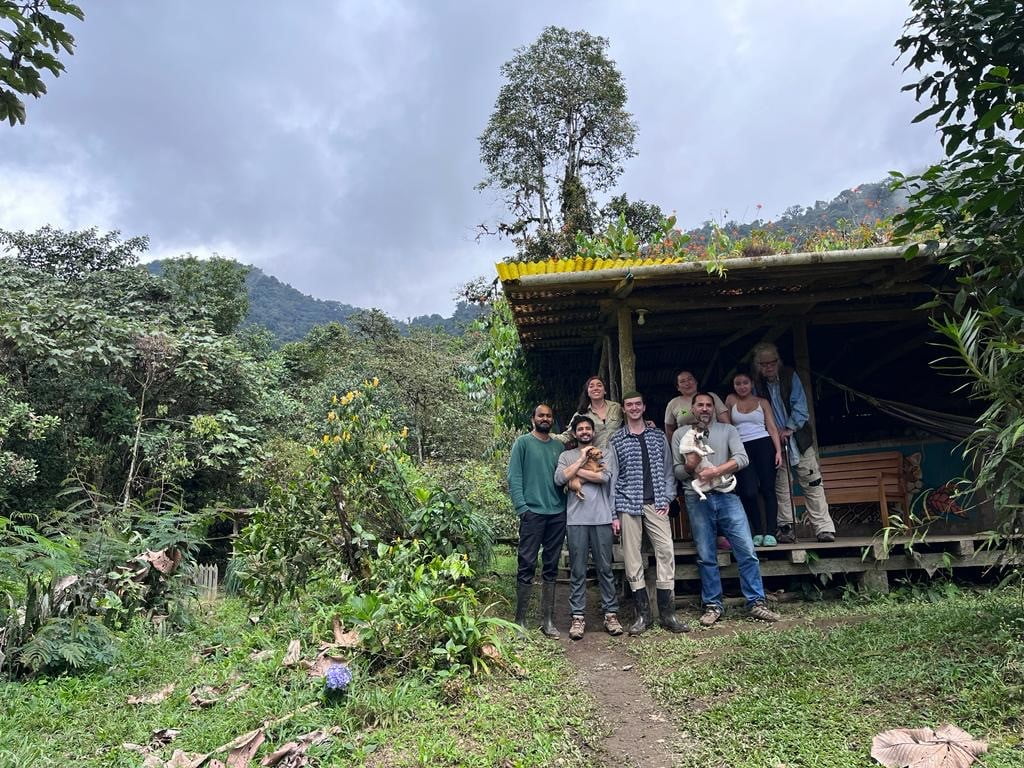
Photo 1. Work group and reserve personnel during the field phase. From left to right: Ajith Ashokan, Raj Prasai, Andrea Caicedo, Sebastian Forward, Sulma Sánchez, Nathan Muchhala, Diana Sánchez, and Josef DeCoux.
The project was structured into two purposes: the first sought to document the gene flow of around 20 plant species, through seed dispersal and pollination, while the second focused on investigating the relationship of nectarivorous bats (Anoura caudifer) with the flowers that constitute their food source. The research included experiments in flight cages to evaluate the use of vision, smell, echolocation and the importance of whiskers with respect to flowers.
As part of their methodological approach, the team collected tissue samples from the plants under study, deployed video cameras to record both daytime and nocturnal pollinator activity, and subsequently analyzed the recordings. Also, they implemented mist nets with the purpose of capturing the A. caudifer individuals necessary to carry out the previously mentioned experiments. At the same time, the inventory of bats present in the reserve was updated.
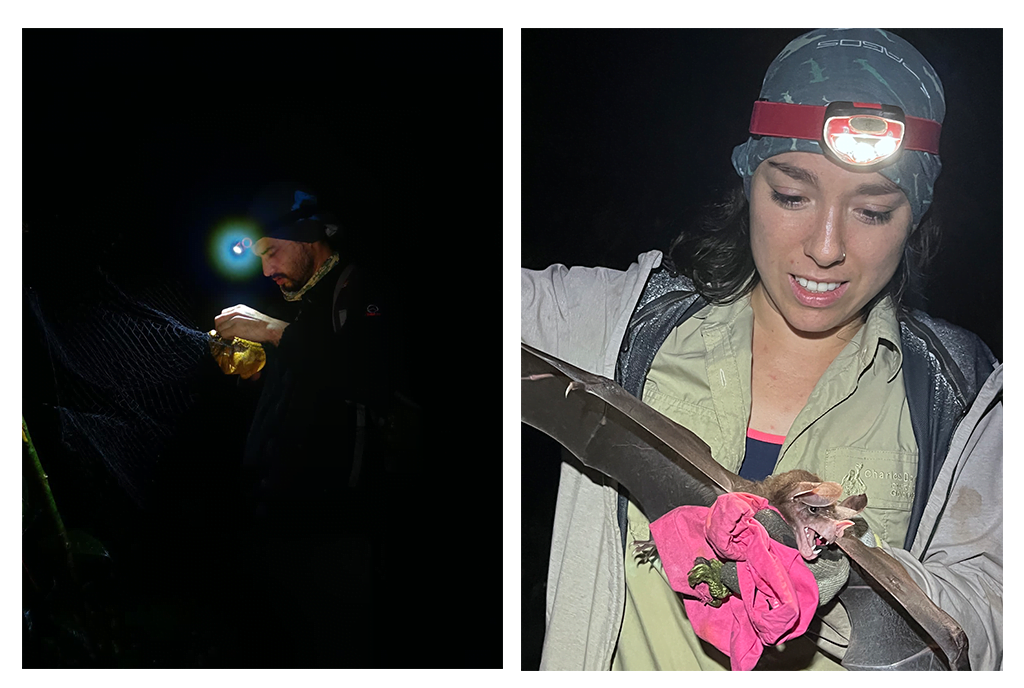
Photo 2. Capture and manipulation of bats using mist nets. On the left, Raj Prasai; On the right, Andrea Caicedo.
The experience of staying in the reserve was enriching for the entire research team, who integrated with nature during that period and came to form a close bond, like that of a family. The results obtained were extremely satisfactory and will be officially presented in the near future.
By: Andrea Caicedo L.
Biologist
Related post
From June 10 to 14, students from Pachamama School (Quito) spent the week pursuing educational projects at the Los Cedros Scientific Station. Applying this effective educational strategy with experimental and observation methods inside the forest, they built on the knowledge previously acquired in the classrooms.
On International Children’s Day, the Scientific Station visited some single-teacher schools in the Los Manduriacos Valley to deliver teaching materials, as an educational contribution to the area. We shared a lovely day with the children, their teachers and their mothers and fathers, accompanied by a puppet show by the Performing Arts Company “El Revuelque Títeres”.
The passing of the ones we love hurts. And it especially hurts when those beings dedicated their lives to making this world more beautiful.
An international alliance made up of lawyers, scientists, artists and public figures from different parts of the world, within the framework of the More than Human Rights” Rights” – MOTH, an initiative of the Earth Rights Research and Action (TERRA) Program at the New York University School of Law will establish an international interdisciplinary oversight […]

